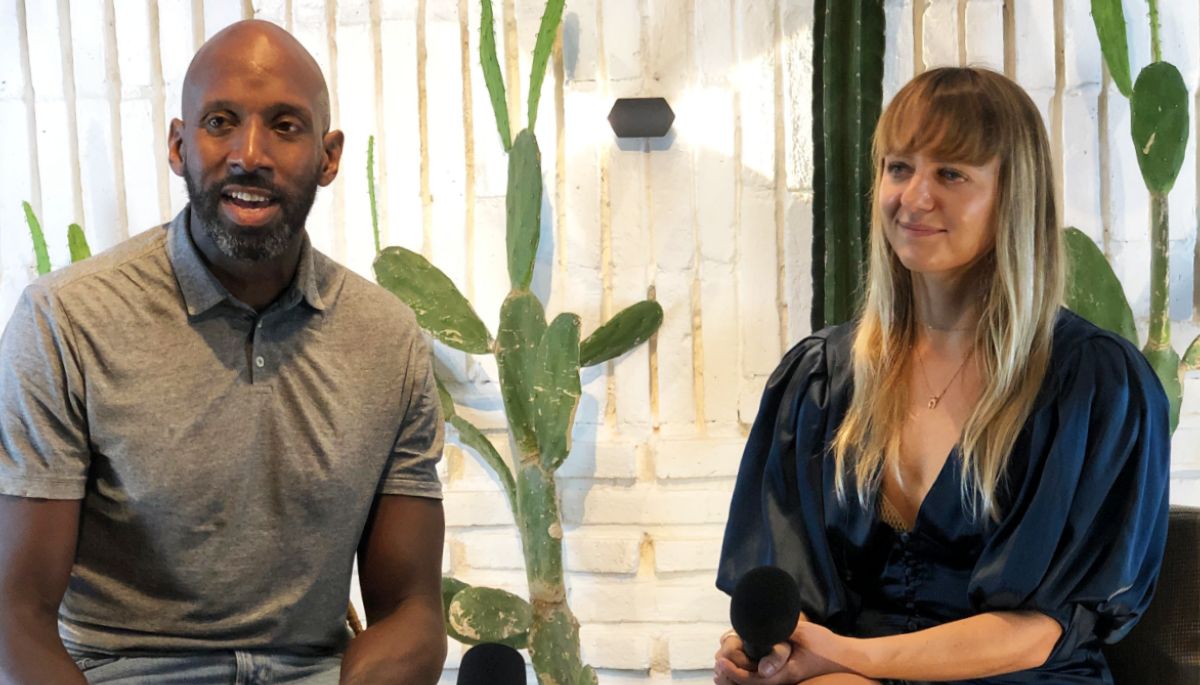Triin Tigane has been helping break down barriers in emerging markets as the branch manager of Emerhub’s Bali office. Earlier this November, Triin joined in on a deep-dive open-format Q&A of SpeakUp Monday with the topic “Common Mistakes With Starting a Business in Bali.”
Below is a short transcript of Triin Tigane’s interview with SpeakUp Monday’s host, Robert Ian Bonnick.
What steps would you suggest that people who are thinking about relocating to Bali follow?
Go for it. Come to Bali, or Philippines or Vietnam, or wherever you feel you would want to go. I am still so amazed at how much potential Asia has, the growth. And compared to Europe or America, I think there is so much more potential. Either to start already looking while you are wherever you are. Or just come here and start networking.
In Bali, there is an amazing expat community, a lot of people have their businesses outside Bali, but they are doing amazing stuff. And once you’re here, you’re going to meet the right people.
What have been some of the major challenges that you faced coming from somewhere like that and moving to somewhere like here in Bali?
Asia is very disorganized; that goes for everything, starting from traffic and bureaucracy. But somehow, it’s working out. This is something I think that can sooner or later frustrate you until you start appreciating it.
I also see that a lot of our clients do that if they invest in Asia for the first time, and they’ve done business in many different countries, that they want the things to be exactly the same way where they come from. That’s not going to happen; we have to adjust to where we are, not vice versa. Just get ready to get used to a bit more messy systems.
How do you personally navigate your way around the systems here? What kind of attitude or qualities do you think are really important for them to have?
One of the most important things is expectation management. And just to count into that extra time, even if we talk to authorities and they say that something will be done on a certain date, it might not happen.
You might go back there on exactly the same date. And it turns out that it’s a good day for getting married and the authorities are not even there, you will need to come back next week.
I think once you’ve been here long enough, you get used to that. You know the word in Indonesian, “besok?” It means tomorrow, but it also means any given day in the future. That’s how things roll here.
I also see sometimes that people really rush into things, “I’m going to do a company set up to get a visa,” and then two months later, it turns out the business classification is not actually what they want to do. Then, everything needs to be redone.
It’s easy to change everything, but it costs money, and it costs time. It’s better to really think things through your plan and consider different options and not really rush it. That’s the key.
Maybe the people watching here are saying, Emerhub? What do they do? How long have they been around? Why are these guys here that I should come to see?
Emerhub is a market-entry services company; our mission is to break entry barriers. We have offices in Indonesia, Vietnam, and the Philippines. We have also expanded to Pakistan lately because we saw that IT talents are required. Emerhub started in Indonesia 10 years ago. And I was brought in to set up the Bali office. We provide various services. Anything that we see that business people who want to come here need help with.
Especially now, Covid has shown that a lot of businesses need to operate in a different way. Businesses are not anymore looking into how to necessarily set up a company but they are also looking into how they can operate their business and get things done without necessarily setting up an entity. We are also trying to be innovative and coming up with new types of services that will facilitate things.







